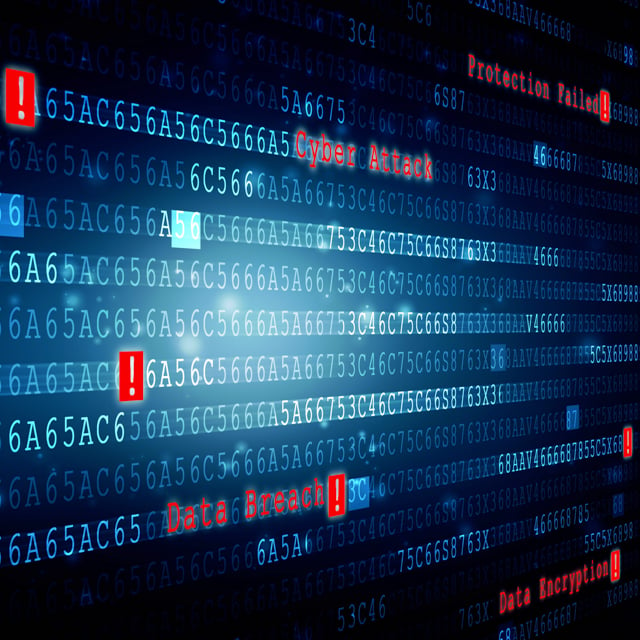

NOT FOR REPRINT
Cybersecurity and Digital Vaccine Passes
By
Liz Mann
Commentary September 30, 2021 at 12:13 AM
Share & Print

NOT FOR REPRINT
© 2025 ALM Global, LLC, All Rights Reserved. Request academic re-use from www.copyright.com. All other uses, submit a request to [email protected]. For more information visit Asset & Logo Licensing.







